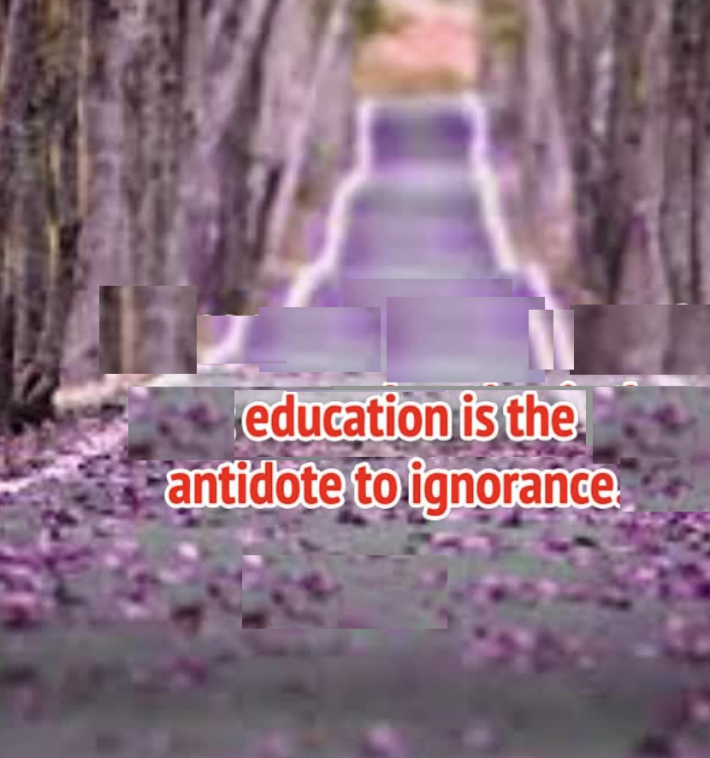I summarise my studies: the interconnectedness of states, autocracy or authoritarianism, women’s rights and religion. For me, the biggest takeaway, or reiteration, has been the reminder that the Middle East is not a monolith. This sounds obvious, although, through the start of this course, I have begun to realise just how misguided or wrong some of the conceptions I was brought up with of the Middle East genuinely are. As you may know, in the years following 9/11, Islamophobia wasn’t just rampant in the US; it became acceptable to the degree it influenced our education system. I should know, as this was when I came up through the public education system. It would be a sweeping, unfair generalisation to suggest that my middle school teachers were all Islamophobia. What is true, however, is that the curriculum, if not the own views, taught the region of the Middle East as one big, backwards, oppressive country that was inherently incapable of change or improvement.
Frighteningly, I vividly remember being in sixth and seventh grade and hearing my social studies teacher claim that the Quran permitted killing innocent Americans, if not encouraged. In the present, where I go to college in Missouri, I have encountered scores of people, a lot of whom are my age, who not only couldn’t differentiate between, say, Jordan and Egypt, Iraq or Iran but have no interest in trying to. I find that blatant disregard of the Middle East in its people to be a part of the typical American’s world view nowadays. What’s worse, I find myself implicitly generalising things in the region, being attracted to the most straightforward answers, which is very wrong. Thankfully, education, especially at a university as diverse as ours, is the antidote for such a thing.
Austin Keller
